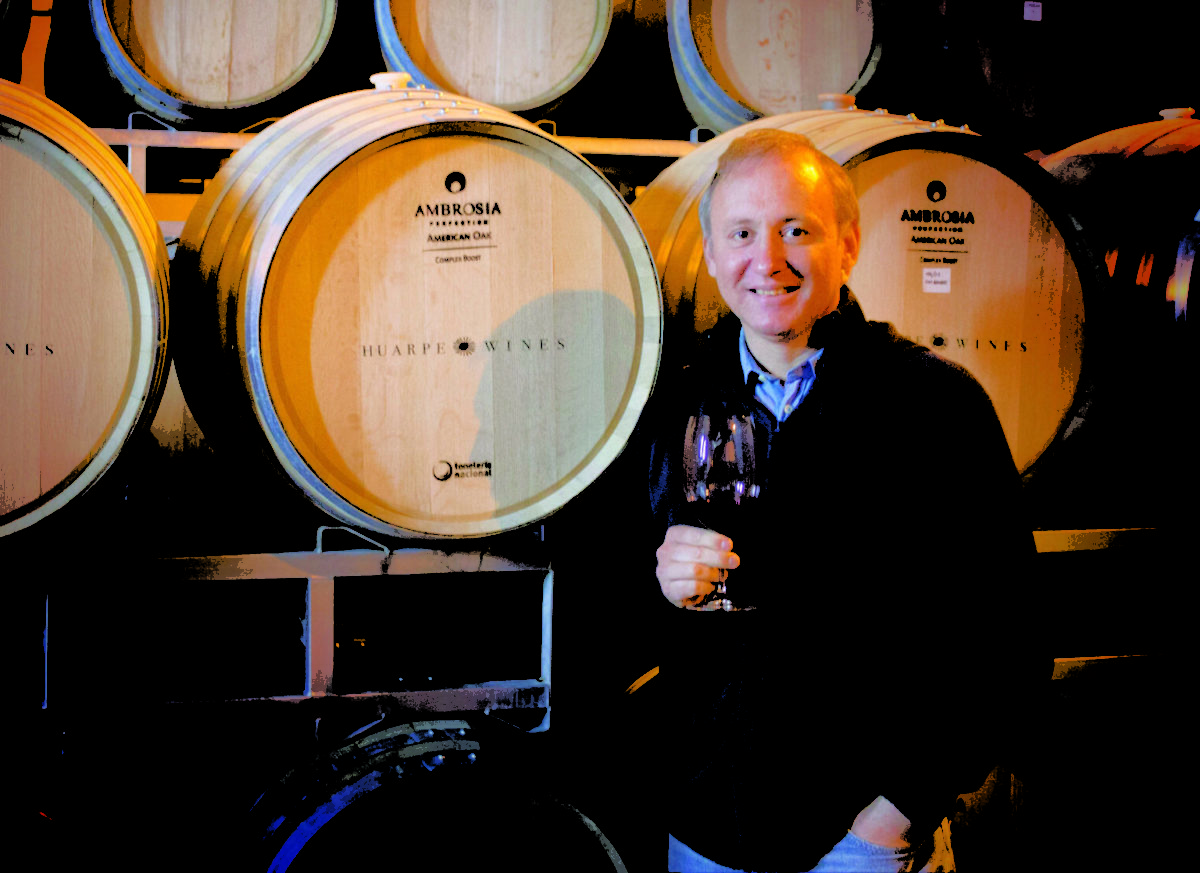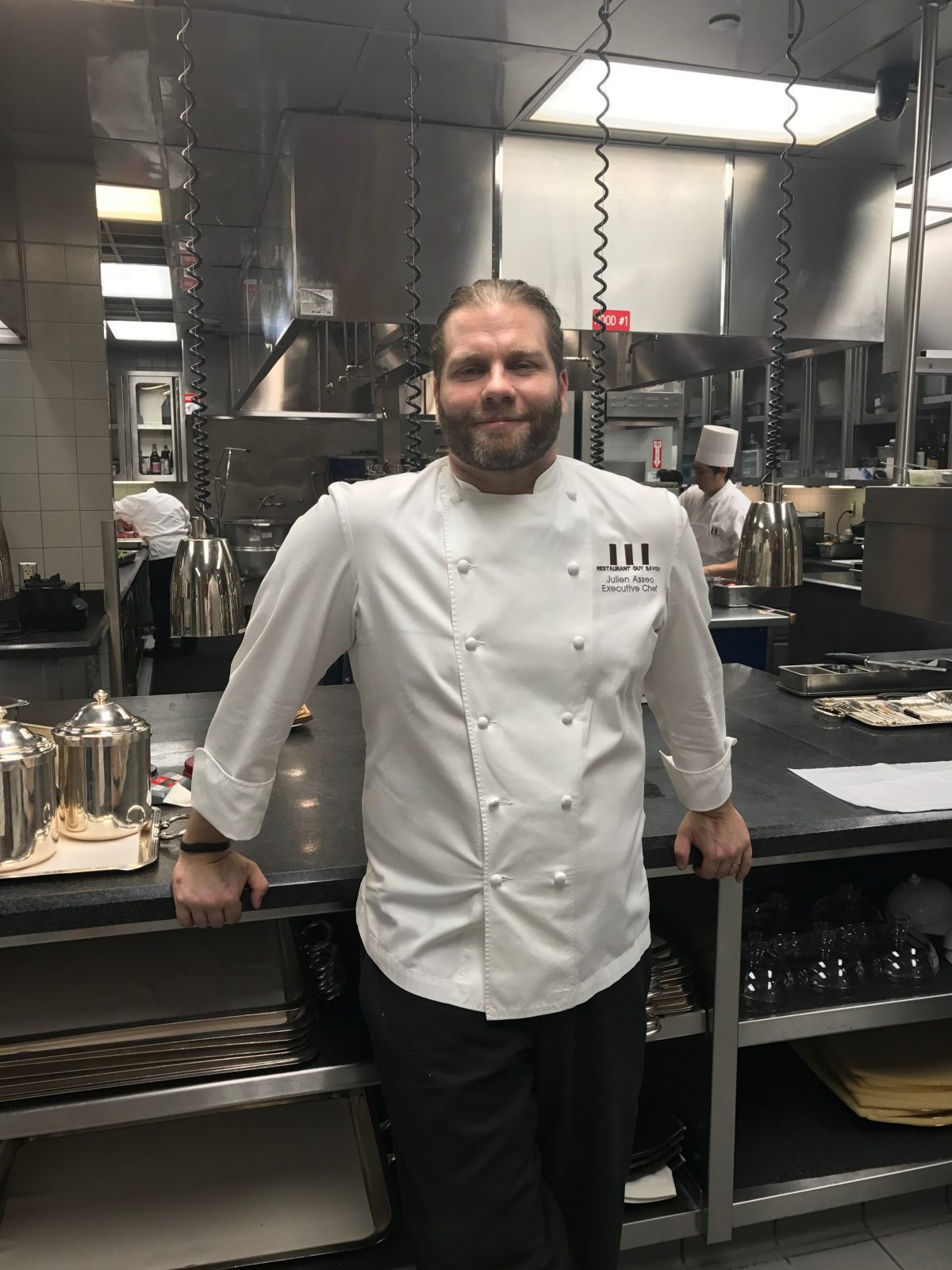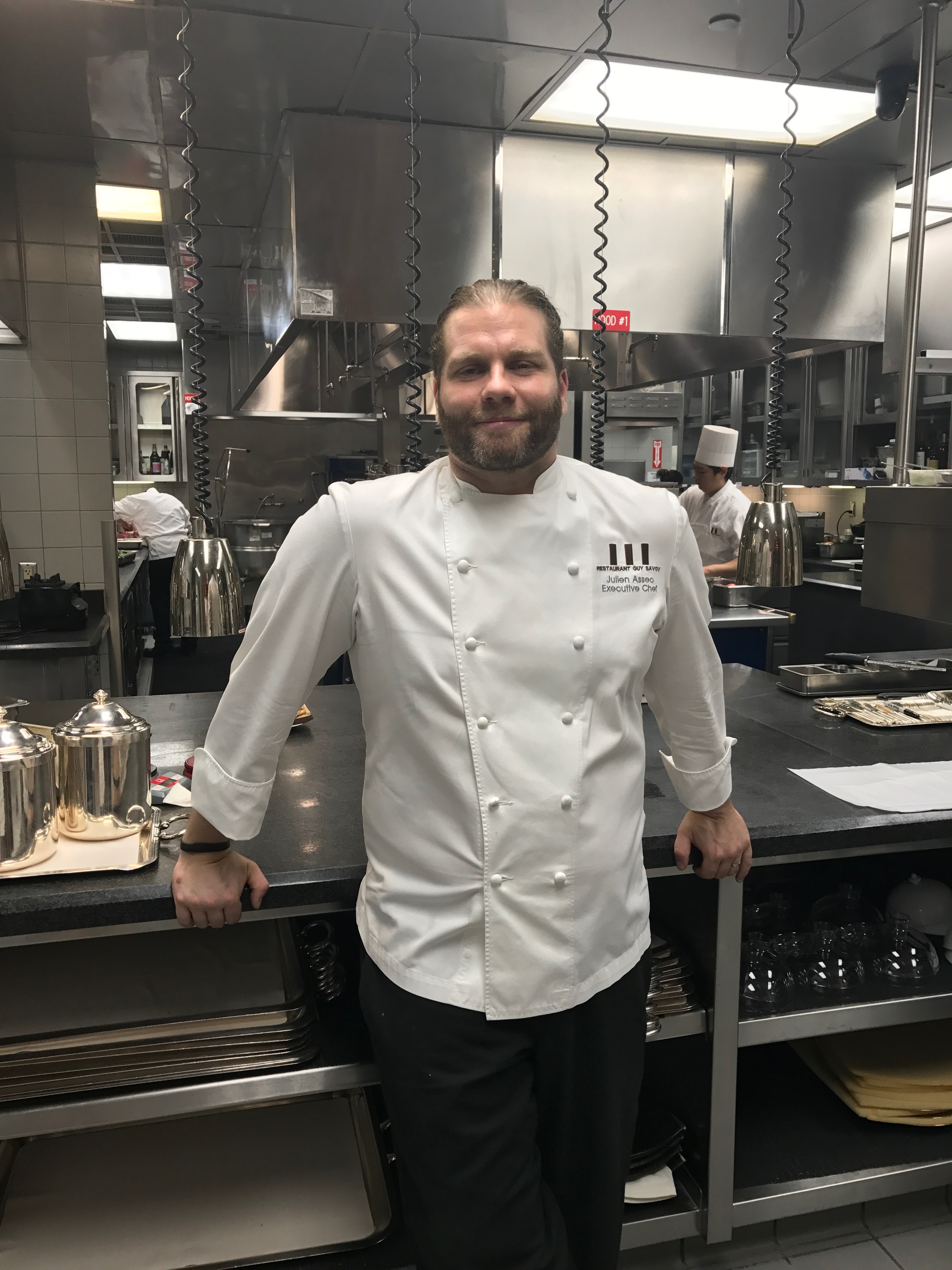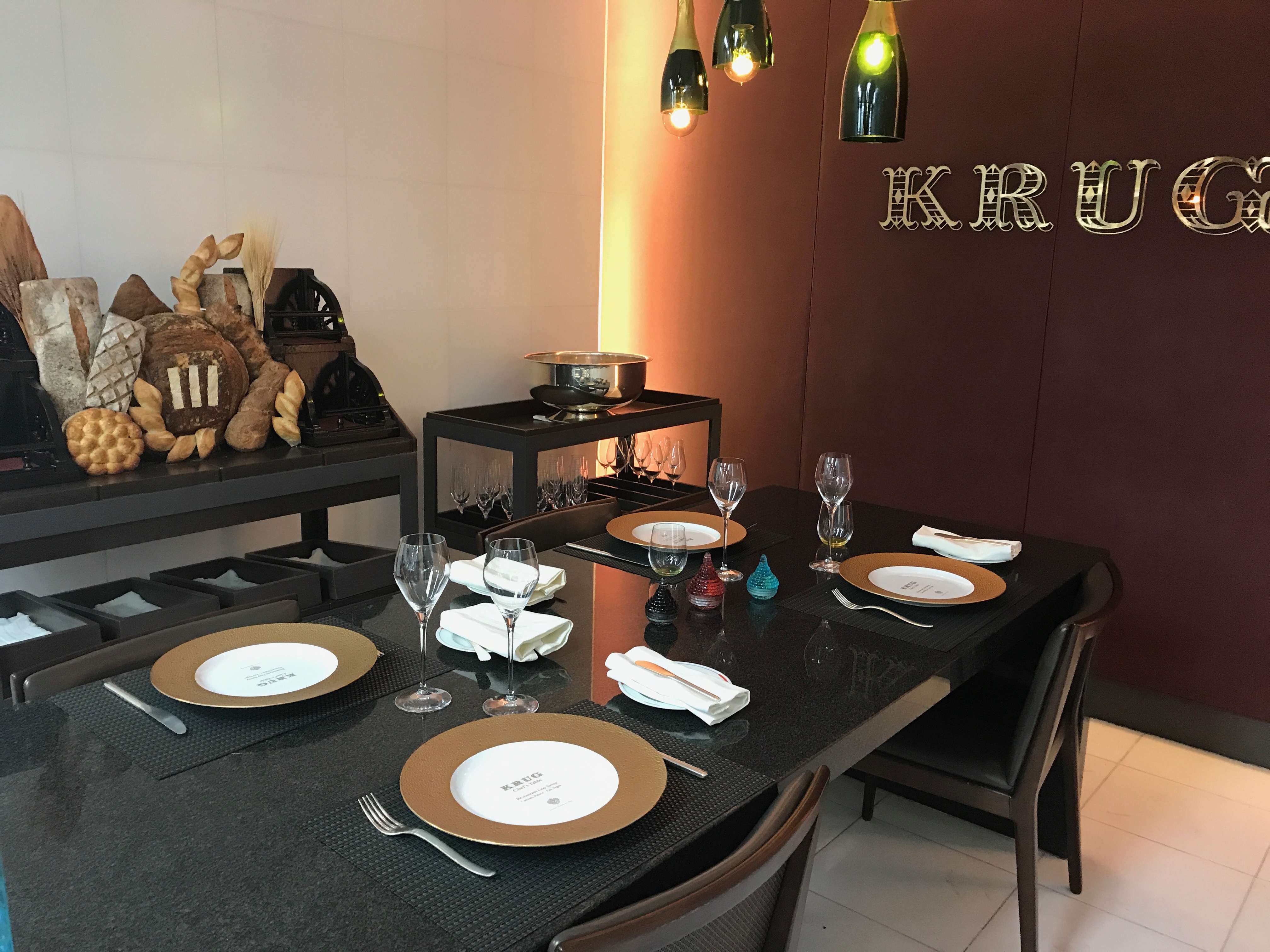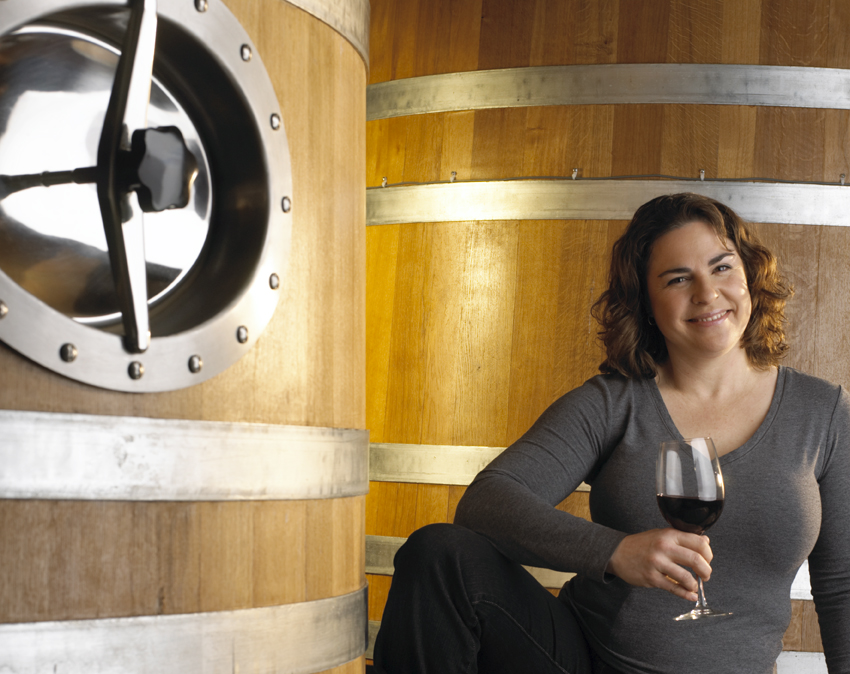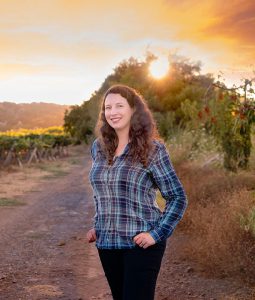The Wines of Argentina has recently appointed Maximiliano Hernández Toso as its new president for the next two-year period.
Toso will serve a two-year term as president, supported by Guillermo Barzi, who will continue as acting vice president of the institution.
Tosco was appointed during an Ordinary General Assembly of Wines of Argentina yesterday, held over videoconference.
Hernández Toso is the co-founder and director of WHT Partners, an Argentine venture group that invests in high-end wine and owns Riglos and Huarpe wineries. He has been on Wines of Argentina’s board of directors since 2015, and previously occupying the role of treasurer.
He has an MBA from IDEA and the London Business School and a Master’s in public policy from Carnegie Mellon University, where he studied as a Fulbright fellow. Toso has also taught and directed the wine management programme at ADEN Business School and has also spent time working as a private and independent consultant to entrepreneurs, investors and multi-lateral organizations.
Commenting on his new role, Hernández Toso said: “It is a privilege for me to lead this institution, which I respect and admire for the great work it has done since its inception. We have many challenges ahead, but also great opportunities to innovate and continue bringing Vino Argentino closer to the world and raising the perception of Argentina as a modern winemaking country thanks to the enormous wealth and diversity of our terroirs.”
Vice president Guillermo Barzi, added: “Over the years, Argentina has shown that it is capable of surprising and competing internationally with great wines of the world. The goal is challenging, but we will keep the focus on collaboration agreements and education as a way to reach new audiences.”
Wines of Argentina website: https://www.winesofargentina.org/en

